This Reconciliation Week is different
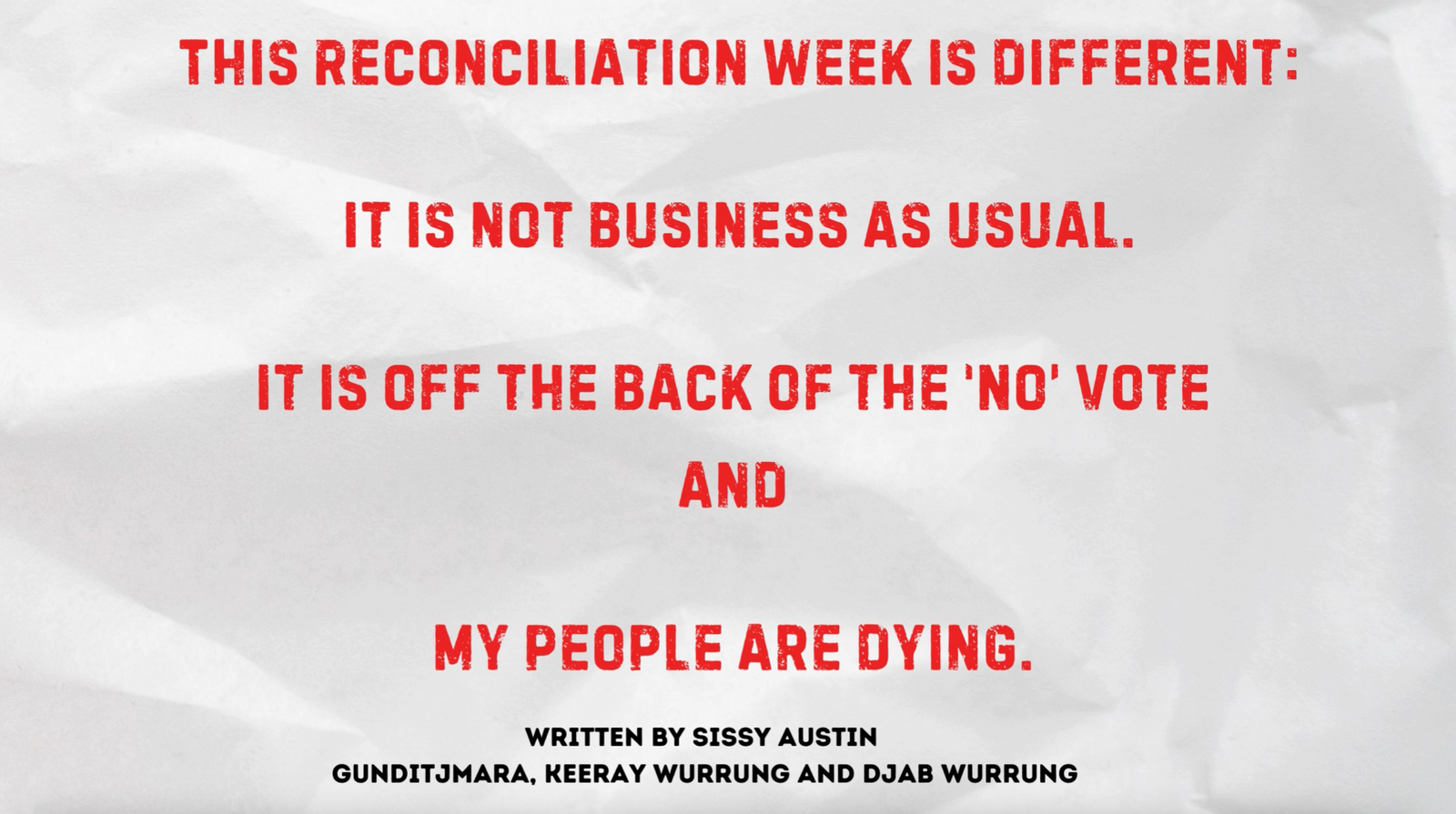
It has been seven months since the horrendous, painful and racist Voice Referendum on 14th October 2023 and Blakfullas have arrived wounded, but not defeated, at the first Reconciliation week since.
I have been reflecting a lot about what Reconciliation Week means this year and for this article have asked other Aboriginal Community members how they’ve been feeling.
I have never quite been a fan of Reconciliation Week. There is always a lot of Blak labour, with whitefullas sitting with their cups of tea and catering, listening, or not listening as it would seem from the Referendum result, to us Blakfullas pouring our hearts out.
But post ‘No’ vote, this year’s Reconciliation Week feels different. I believe it should demand White Australia to look in the mirror, particularly those dancing with the warm and fuzzies of Reconciliation Week.
Australia voted against the inclusion of an Aboriginal and Torres Strait Islander Voice and recognition in the colonial constitution. Our people came to the Referendum with rightfully varying views, opinions, knowledge systems and voting decisions, but we all experienced the same brutal outcome.
An outcome that cemented that our lives don’t matter to the majority of human beings in this country. An outcome that gave a ticket to whitefullas to be racist without consequence. It’s no wonder we’re approaching Reconciliation Week with more caution than usual this year.
The Voice Referendum process and result showcased to the world that White Australia is too racist to reconcile with its past and current injustices towards First Nations People. It showed that White Australia is too racist to attempt to envision a future that would require letting go of their white privilege, power and violence towards our peoples, lands, totems and waters.
After experiencing the months of campaigning prior to the Referendum, that blasted deficit story-telling about the gaps and our people through the media, and the hollow silence following the ‘No’ vote - it is necessary to examine Reconciliation Week.
Personally, I have been exploring the question of whether Reconciliation Week is the honeymoon period of the otherwise abusive relationship between Aboriginal and Torres Strait Islander Communities and the colony and its institutions.
There is this deafening silence with Reconciliation Week this year. Many well-meaning whitefullas are pushing forward with their Reconciliation Week events, oblivious to the feelings and emotions being deeply felt by our people right now.
I wonder if they’re aware that many First Nations Community members following the referendum said “reconciliation is dead”?
In a New York Times article titled “After Bruising Vote, Indigenous Australians Say ‘Reconciliation is Dead” Larissa Baldwin Roberts (Widjabul Wia-bal) told the outlet “Reconciliation only works if you have two parties who are willing to make up after a fight and move on”.
Veronica Gorrie (Gunai/Kurnai Gunditjmara) reflected that “Us Mob know that workplaces, in particular government, have Reconciliation Action Plans (RAPs), as a tokenistic gesture of good will towards Aboriginal people, yet their RAPs are not met. They don’t meet their target of employing Aboriginal people, so when these agents are active during Reconciliation Week, it is of little to no comfort to me. The ‘No’ vote signified that reconciliation isn’t progressing the fight for justice for our people”.
I guess Reconciliation Week pushing forward, despite the calls for it to end, is a fitting narrative to match the elements of an abusive relationship.
In the context of an abusive relationship, a key trait of the perpetrator (in this case, the colony) is an unwillingness to confess and hear the truth. Rather, they place the blame on the victim and paint them as irrational and unhinged. Much of the unsuccess of the Voice Referendum and the alleged failing of the reconciliation movement is blamed on our people.
Like a victim of domestic violence repeatedly walking through the courtroom, sharing their stories of abuse and pain, for years our people also have taken to court rooms. Most recently in Victoria, we have seen hundreds of Community members giving evidence as part of the Yoorrook Justice Commission.
Yoorrook, meaning ‘truth’ in Wemba Wemba/Wamba Wamba, is the first truth-telling body to be established in Australia and has the full powers of a Royal Commission.
Yet despite this historic and traumatic truth telling, you have to wonder if it is falling on deaf ears that have only pretended to be listening, or if they’re only listening if it serves their narrative - given the outcome of the Referendum.
In our current relationship with the colony, we see mothers in court rooms fighting to bring their Blak babies home.
We see families sitting with tears rolling down their faces in coronial inquests bearing witness to how their family member died in custody, while the perpetrators both refuse to admit guilt and escape punishment from the system that was ultimately built to empower and protect their white lives.
We see whitefulla’s Acknowledging Country, but do they acknowledge how they’re benefiting from the proceeds of crime? Do they acknowledge that they’re employed by a system that was built to destroy our families, our Communities? Do they acknowledge the massacres and murders that took place on the Country they’re on? We have moved far beyond settling for whitefellas reading an Acknowledgement of Country card from the sticky note on their computer screen.
So, with that in mind, I challenge white Australia, to challenge Reconciliation Week.
I am not asking you to go rogue on your allyship and set RAPs on fire - instead I challenge you to delve deeply into this honeymoon period, and ask yourself, your organisation, why not more?
As shared by Caroline Kell (Mbarbrum), “nevertheless, in contemporary discourse, the conversation around reconciliation feels stagnant, well-meaning, yet somewhat ineffective in catalysing transformative change. It is important we redirect our attention towards the pursuit of Treaties and the endeavours outlined in Yoorrrook”
And in the words of Uncle Archie Roach in his powerful song “Let Love Rule”, I truly believe that when we find ourselves in a position to accept being guided by love, we will have generations to come who won’t have attended more funerals than weddings, who won’t have had to watch their child being murdered on CCTV footage in a Coroners Court and who won’t have to merely get through the honeymoon period that is, Reconciliation Week.
This Reconciliation Week is different: it is not business as usual; it is off the back of the No Vote and my people are dying.
Written by Sissy Austin (Gunditjmara, Keeray Wurrung and Djab Wurrung)

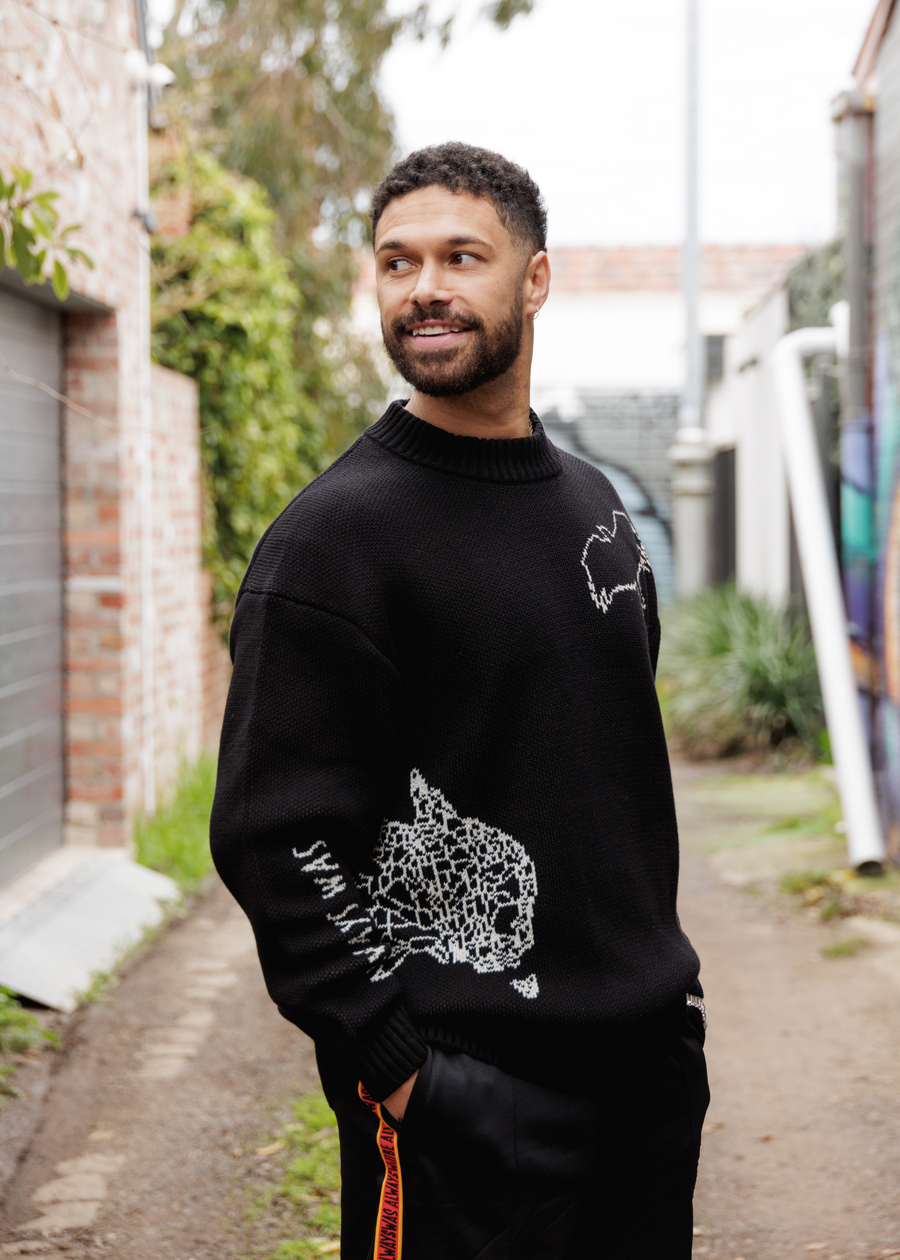
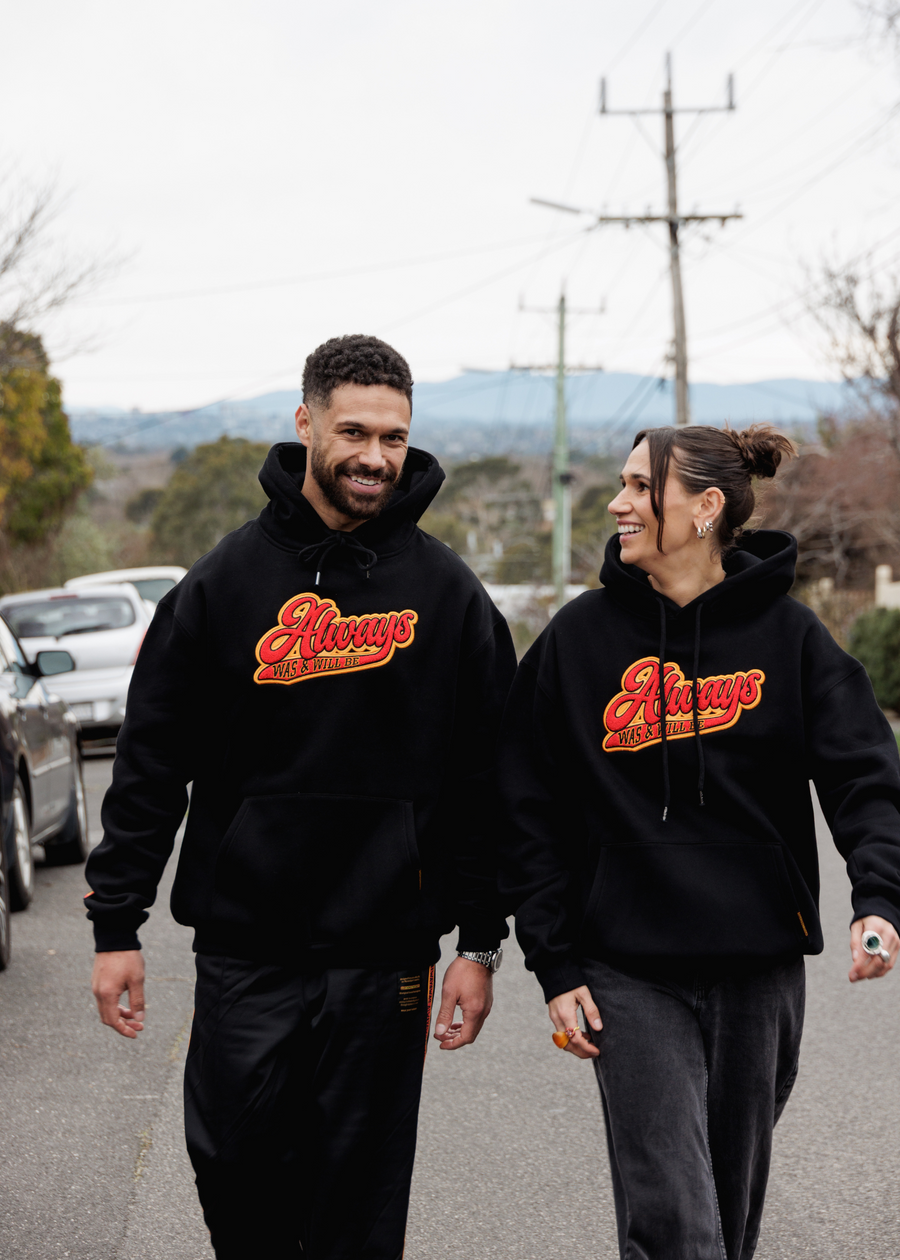




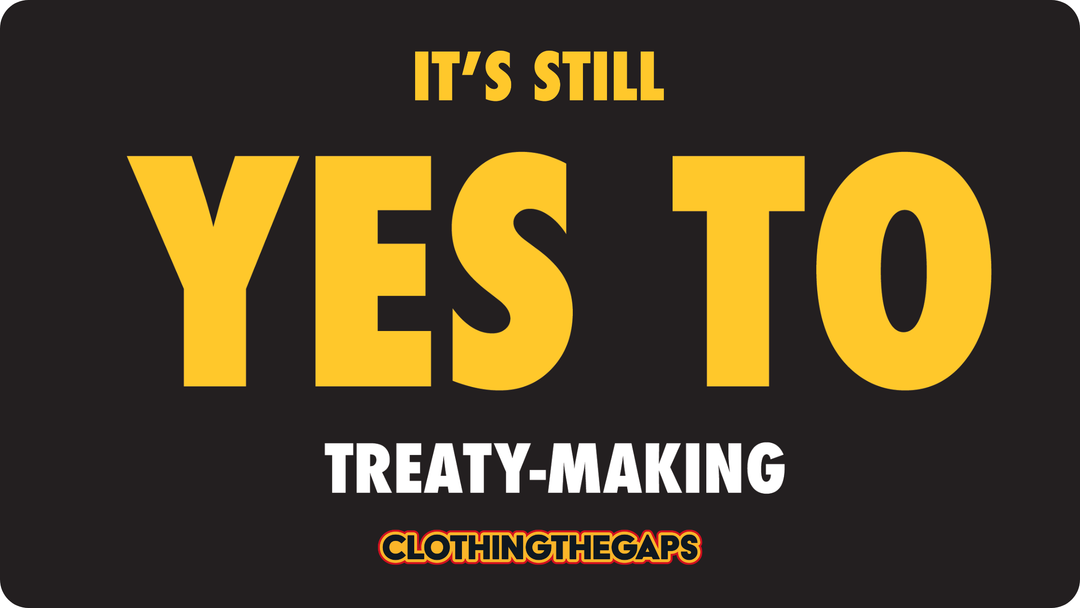
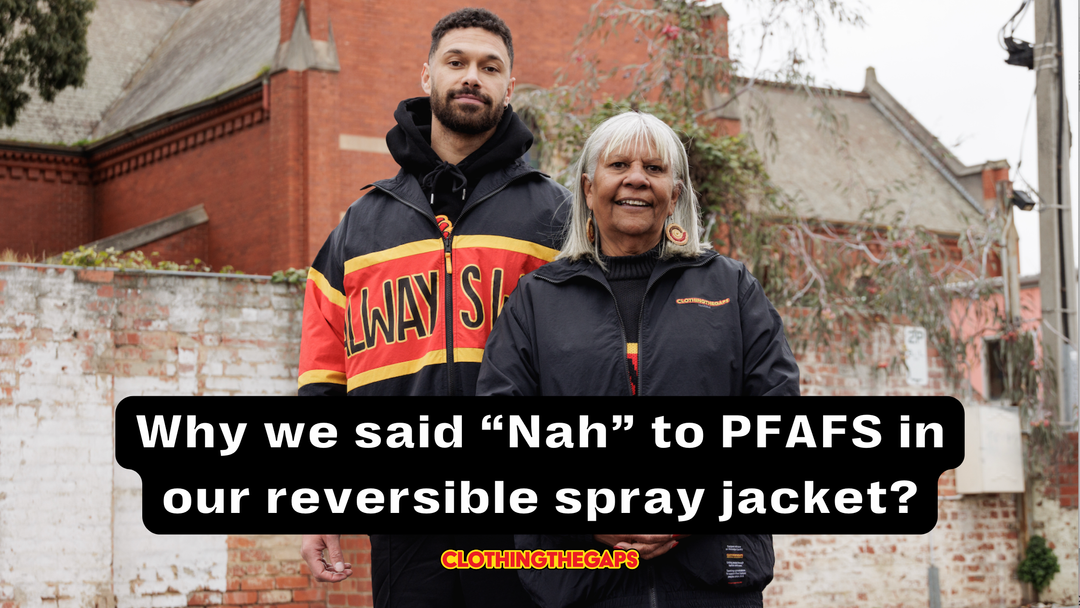
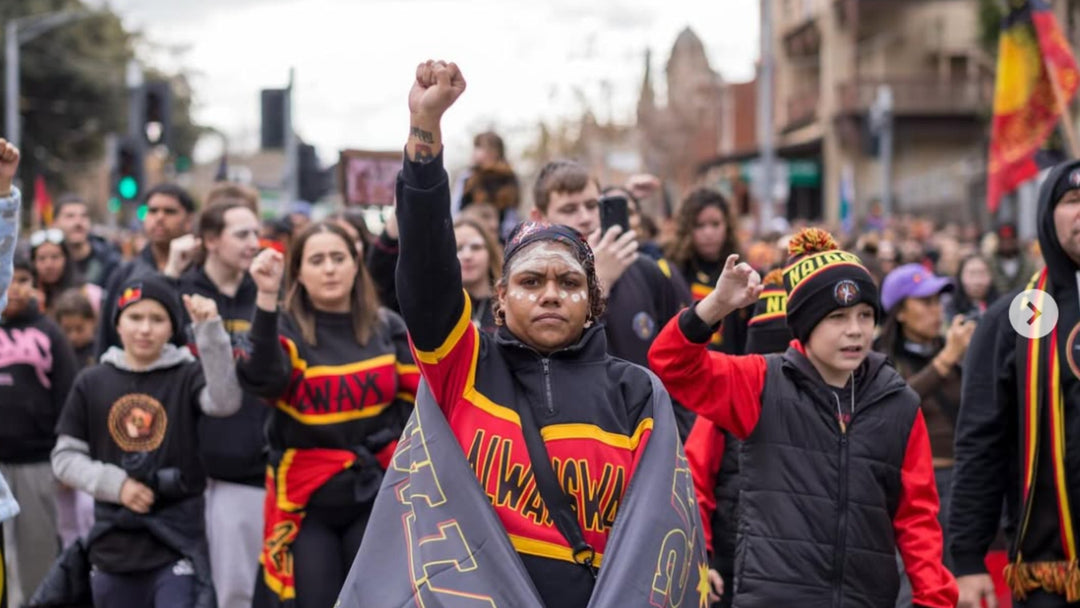


Thankyou. In imperfect allyship I agree. Yes there are many well-meaning non-indigenous people (I’m probably one) out there but yes, there is so often a blind spot around their own privilege.
First Nations Australians do nearly all the work. Not just around reconciliation, there are other areas where First Nations Advocacy benefits the wider community too.
Reconciliation is about colonising cultures reconciling and coming to terms with the barbarity of colonial imperialism world wide. Understanding and accepting how you have benefitted from it, even if your ancestors were downtrodden and mistreated, starved and brutalized – you are not them. Why perpetuate a culture that creates and thrives on misery?
Reconciliation is a journey of self and collective awareness. If you have been born/included in a colonising culture consider what that means for you, colonised cultures and the landscape as it too has been colonised. Apply kindness, fairness and social equality to your thoughts. Keep in mind that so far Indigenous Cultures both in Australia and globally are doing all the heavy lifting.
That’s well thought out and well written Sissy. Thank you for your insight into the referendum and the relationship to reconciliation this year.
Powerful and wise words Aunty.
Sissy, thankyou for bringing the worth or not of Reconciliation Week into a new light and challenging us to go deeper. Also for putting into words what I have been worried about. That the success of the ‘NO’ campaign has emboldened, if not is more actively facilitating, racist behaviours and words being spoken with impunity. Laura Tingle is correct. We are a racist country. I am an imperfect ally but my family and I are doing our best to stand with you. 83% of indigenous communities voted ‘YES’, and that fact is being ignored. I am sad, angry and despairing of the current climate surrounding Aboriginal communities and I am sorry. So very sorry. From Wauthaurong Country.
Thank you for your heartfelt and poignant piece. Yes you’re right, the referendum was devastating and I for one, an imperfect ally, stand with you in solidarity. Post referendum, the Shoalhaven Walking Together Alliance (SWTA) was recently formed and incorporated, after a series of meetings and workshops with local first nation people. In brief its objectives aim to give effect locally, to the key aspects of the Uluru Statement. As one of the principal drivers of this said recently, ’ to change the country one constitution at a time’.
All power to you🖤💛❤
Leave a comment